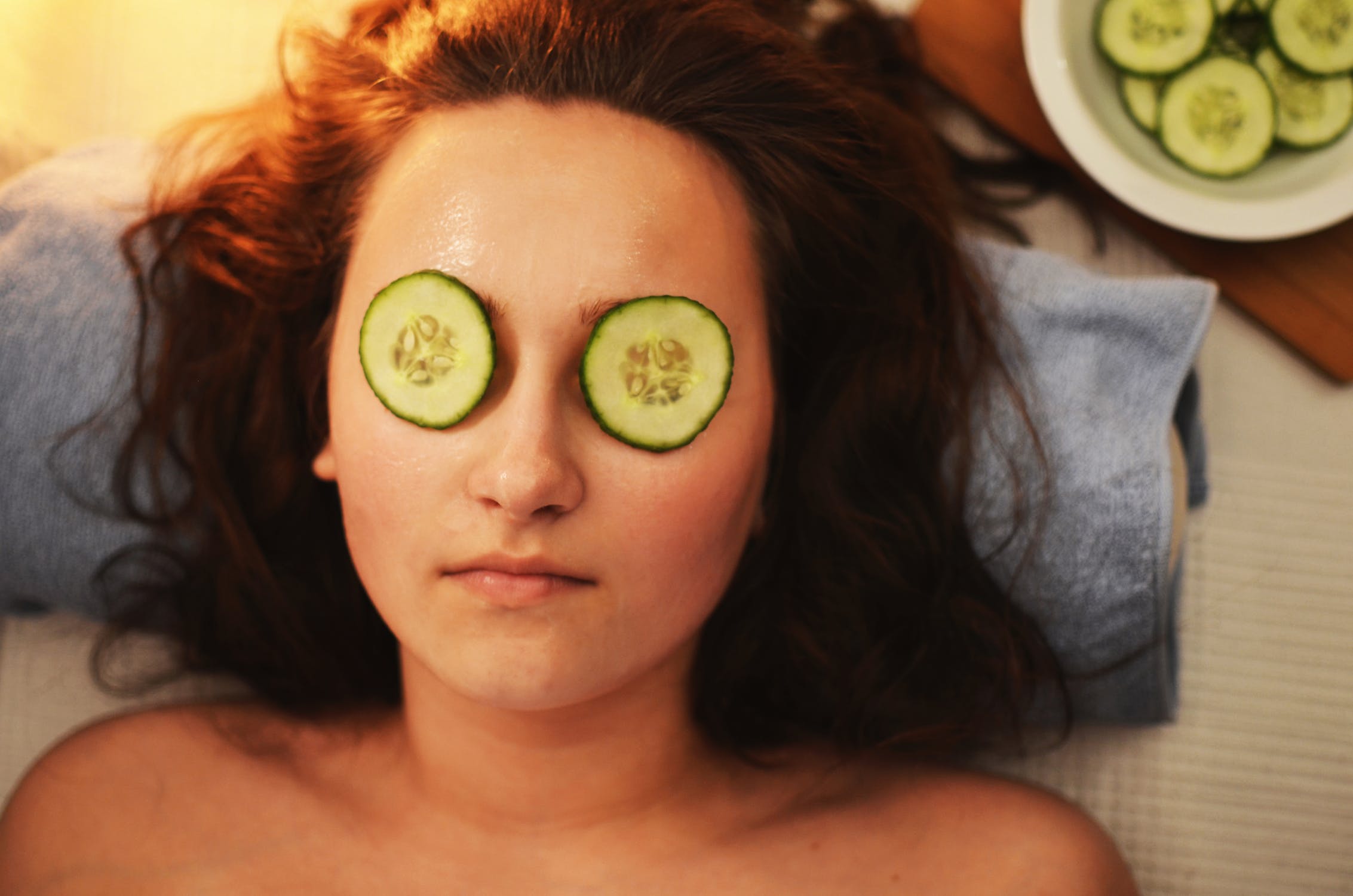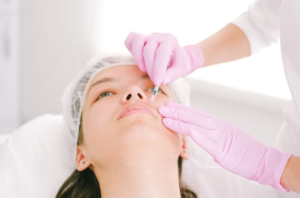
Our skin is one of the first places that the natural signs of aging start to show. Skin is a fantastic thing. The average adult human has about 21 square feet of skin covering their body. As the largest organ on our body, there’s plenty of places for our skin to be affected by external factors that can accelerate aging.
Many of the changes that happen to our skin as we get older are intrinsic, meaning our genes are primarily in control of when this occurs. This can include things like thinning skin, wrinkles, a loss of fullness, and drier skin. These are simply natural changes we have to learn to cope with and come to accept. However, there is another aspect of aging that we do have control of. This is called extrinsic aging and refers to our environment and lifestyle that can contribute to the acceleration of visible signs of aging in our skin.
Luckily, there are preventative steps you can take to minimize or negate some of these effects. Here are ten things you should stop doing if you don’t want your face to age faster:
- Stop smoking
We know you’ve probably heard it a million times, but here it is once more: if you smoke, stop. Not only does smoking put you at risk for a series of severe, chronic illnesses like COPD, lung cancer, aortic aneurysms, lung cancer, cataracts, stroke, heart disease, esophageal cancer, and more, it also really accelerates aging.
Smoking affects your blood vessels. Your blood vessels deliver oxygen and nutrients to your organs, including your skin. By smoking, you are literally choking off your skin’s supply of oxygen and nutrients.
- Wear sunscreen
We love Vitamin D, but we don’t love what the sun does to our skin. Sunscreen protects your skin from exposure to harmful ultraviolet rays like UVA and UVB. This helps prevent sunburn, skin cancer, and early signs of aging like fine lines, wrinkles, and age spots, which will make you look older than you are.
- Stay away from tanning beds
On top of the sunscreen, don’t get in tanning beds! Tanning beds emit about 12 times more UVA light than natural sunlight, which means that even a few minutes in a tanning bed can be equivalent to hours spent in the sun. If you want that “healthy glow” (it’s not actually healthy, it’s damage), then use a good quality self-tanner.
- Avoid repeated facial expressions
Our facial expressions are one of the things that make us who we are. Unfortunately, they’re also one of the ways we prematurely age our skin. Repeated facial expressions crease the skin and cause lines and wrinkles.
If you find that smile lines, crow’s feet or other common lines from facial expressions are cropping up, you can have a Botox or skin filler consultation done with a reputable plastic surgery clinic like Carolina Facial Plastics PLLC. Procedures like these can help lessen the damage of skin creasing.
- Minimize alcohol intake
Anti-aging products are no match against the effects of alcohol. Simply put: alcohol aggravates the aging process. It dehydrates the body, depletes us of nutrients (notably Vitamin A), and widens blood vessels, which can cause spider veins.
All of this is to say that a good time on Saturday night—repeated over and over—can mean that you will end up looking weathered and exhausted well before your time.
- Exercise often
Ever notice that people who’ve exercised consistently for most of their lives often look younger than their counterparts who don’t? That’s because exercise doesn’t just keep us trim and healthy, it also keeps us looking young. Moderate exercise several times a week helps boost blood circulation and immunity, giving your skin a more youthful, more vibrant appearance.
- Eat a healthy diet
We are what we eat, and our skin is no liar. Studies have shown that a healthy, well-balanced diet that limits salt, sugar, and trans-fat and is rich in legumes, vegetables, fruits, and lean meats can help prevent damage that leads to premature aging of the skin. If you have a tendency to consume a lot of simple carbohydrates and sugary drinks, it can contribute to puffy, sallow, and wrinkled skin.
- Be gentle when cleansing
It’s essential to wash your face, but it’s equally important to do it gently. Harsh, irritating products and aggressive washing can backfire and actually make you look older. Irritating ingredients in facial cleansers can strip the skin of its natural oils and upset your skin’s natural balance, causing breakouts and dry spots.
When washing your face, use a gentle cleanser that maintains the skin’s PH-balance and use only the tips of your fingers in a gentle, upwards, massaging motion to help prevent contributing to wrinkles and fine lines. A basic rule is if it stings, stop using it. Stinging skin (apart from products recommended and monitored by a dermatologist) means that your skin is being irritated by a product and it’s causing micro-damage.
- Wash at the right times
Unfortunately, over-washing your skin can be just as bad as over-washing your skin. Knowing when to wash your skin is just as important as knowing how to cleanse it. Ideally, you should wash your face twice a day, morning and night, and after sweating heavily. Sweat can be an irritant to skin that can cause rashes, breakouts, and dryness, which is why it’s important to remove it quickly after working up a good sweat and wear breathable clothing.
- Moisturize religiously
A good moisturizer helps to trap water in the skin, plumping it up and helping it appear more youthful. There are thousands of moisturizers on the market, which is why it’s essential to find out what works for your skin and why.
As you age, what your skin needs will change. If you’re still using the same moisturizer you did in high school, but you’re well past your college years, it’s time to reassess. Usually, aging skin requires a richer moisturizer with more nutrients to help retain its plump, youthful appearance. Give your skin what it wants by researching the right moisturizer for you. As with any product you use on your skin, it will take about 4-6 weeks to show its full effects—so be patient.


